On September 19, Military Hospital 175 (HCMC), the Military Medical Department (General Department of Logistics - Ministry of National Defense ) organized the opening ceremony of the 2023 military resuscitation, emergency, and anti-poison training conference in the form of direct and online training at a number of points across the army.
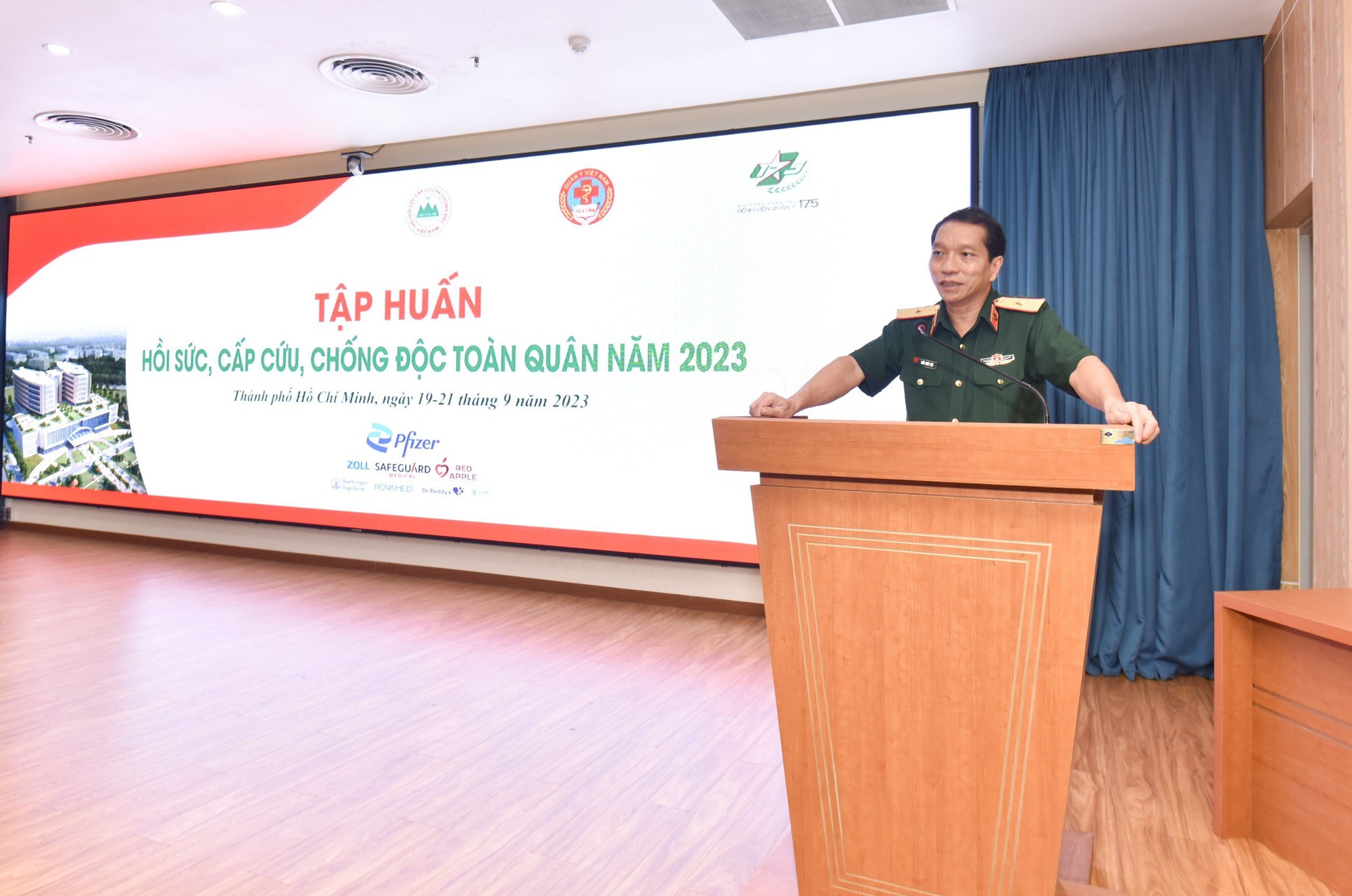
Major General, Dr. Tran Quoc Viet, Director of Military Hospital 175 (HCMC), spoke at the training conference.
Speaking at the conference, Major General, Dr. Tran Quoc Viet, Director of Military Hospital 175 (HCMC), said that in response to the increasingly high demands for the task of rescuing and taking care of the health of soldiers and people in the new situation, the military medical sector has continuously developed and improved to meet the requirements of the assigned tasks. The military medical sector at all levels has been invested in increasingly modern medical equipment, along with the development of specialized fields, including resuscitation, emergency, and anti-poisoning.
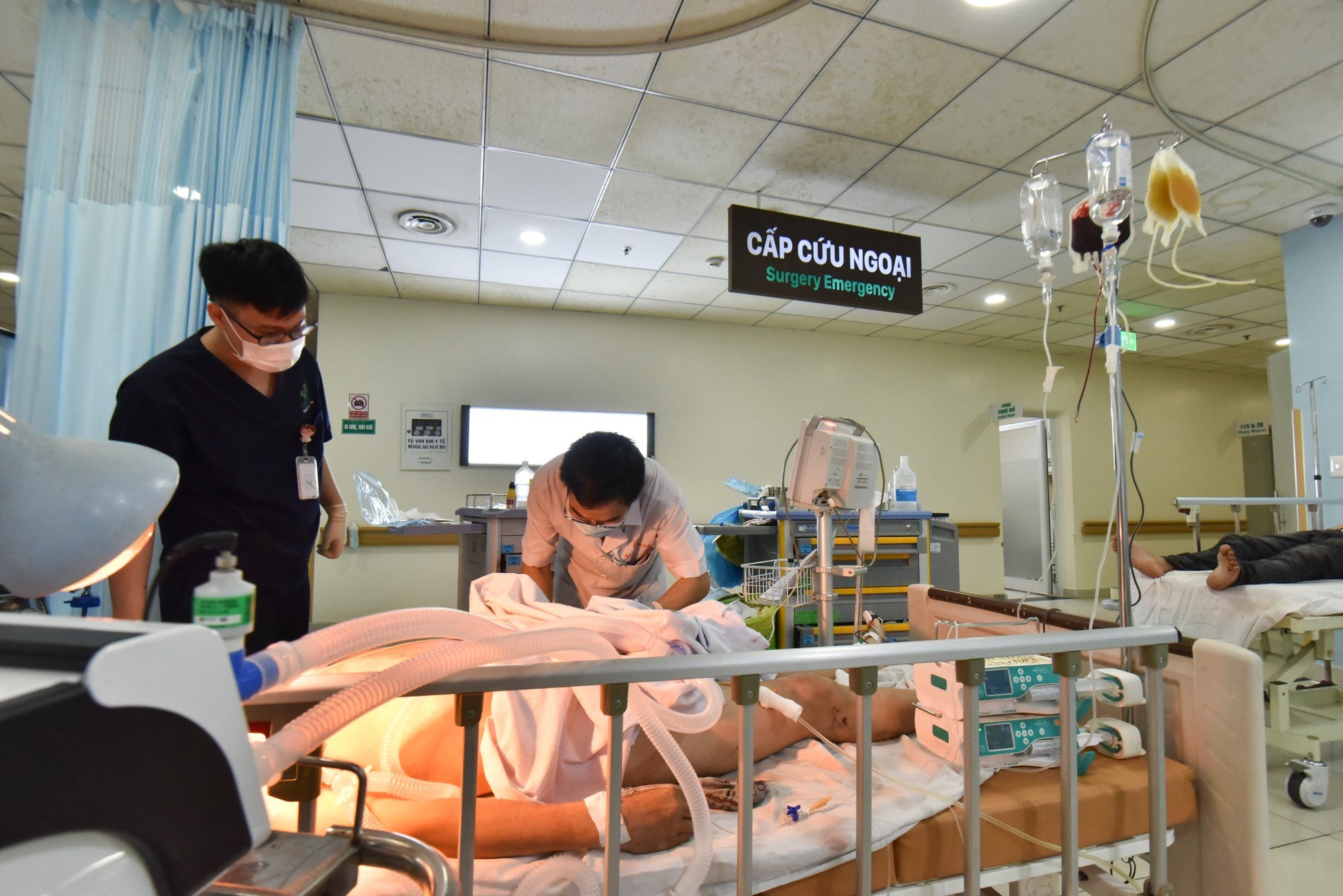
The conference aims to improve the capacity of emergency treatment, resuscitation, and anti-poisoning for military medical officers and staff in clinical practice...
In the current context, the conference is organized to update and supplement knowledge, share experiences and skills in basic and advanced resuscitation, emergency care, and anti-poisoning. In addition, it improves the capacity of emergency care, resuscitation, and anti-poisoning for military medical staff in clinical practice; contributing to improving the quality of health care for soldiers and people at military medical levels.
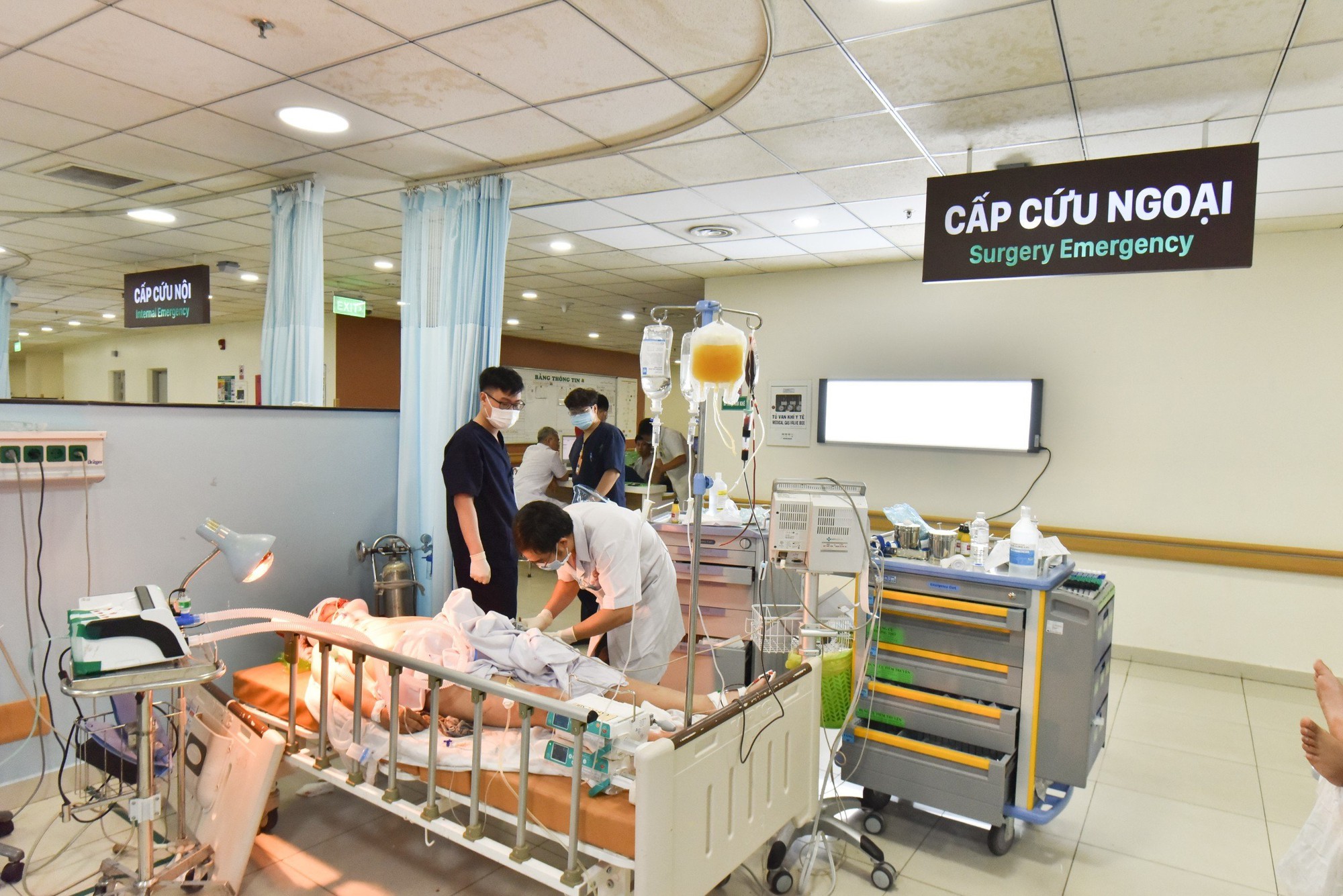
At Military Hospital 175, patients with stroke within 30 minutes of admission can be diagnosed and given thrombolytic drugs.
According to Vietnamese doctors, most hospitals have done a very good job of emergency care. However, first aid and emergency care before arriving at the hospital are very important, especially for stroke patients.
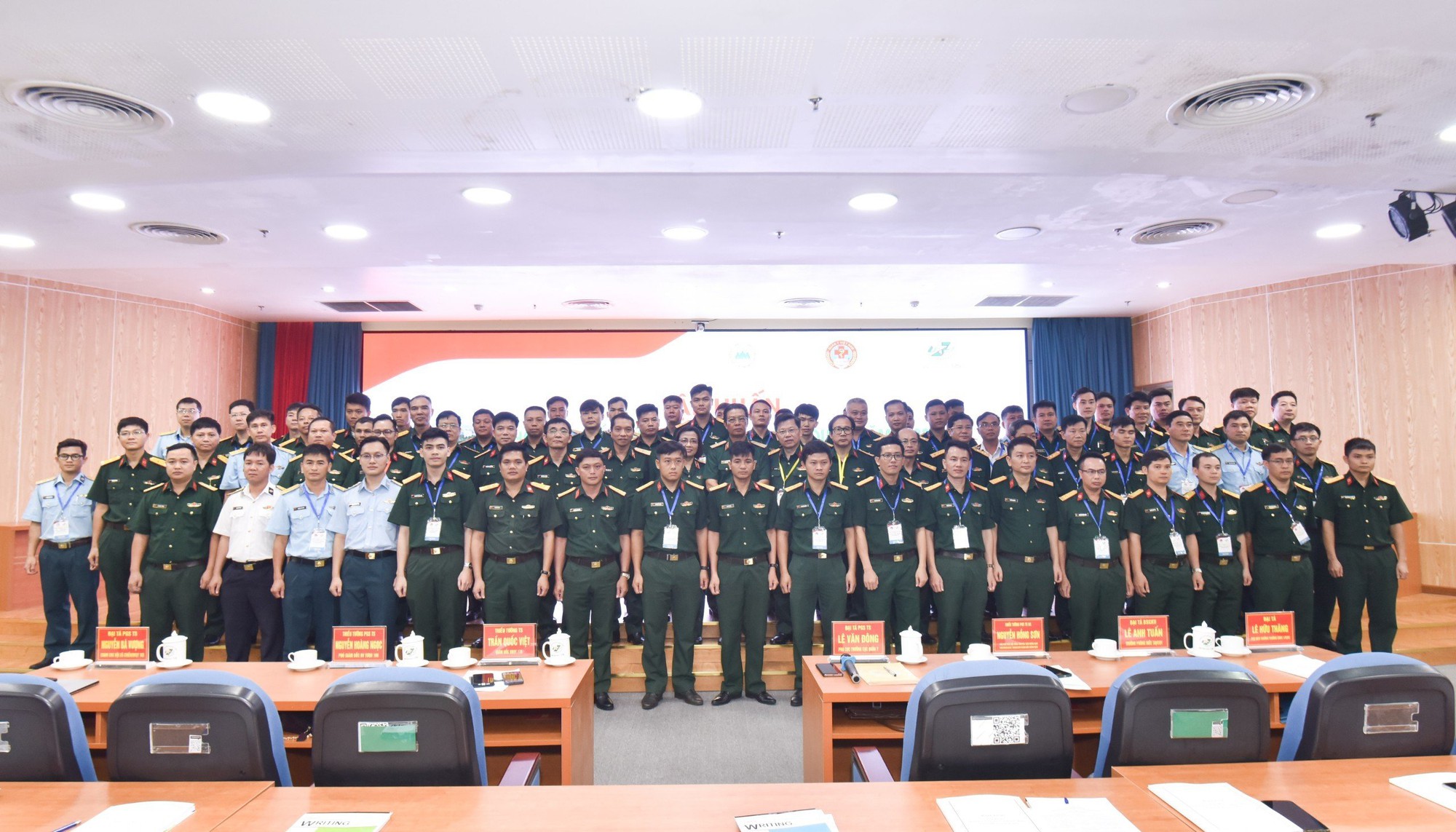
The military-wide intensive care and anti-poison training conference had the participation of 72 trainees who are doctors from division-level infirmaries, academies, and naval regions...
At Military Hospital 175, patients with cerebral stroke, from the time of admission under 30 minutes can be diagnosed and given thrombolytic drugs; within 60 minutes can intervene to remove the clot. Therefore, the hospital will aim to train grassroots medical staff, volunteers, officers, retired doctors, nurses, and Red Cross staff to train knowledge about pre-hospital diseases.
"In the coming time, the unit will pilot cooperation with medical facilities in Go Vap district on coordination to perform first aid and emergency care outside the hospital" - said Dr. Viet.
At the conference, Associate Professor, Dr. Nguyen Hoang Ngoc, Deputy Director of 108 Military Central Hospital, presented an update on new issues in early detection, diagnosis and treatment of stroke.
According to Dr. Ngoc, the golden time for stroke emergency is usually limited to the first 3 - 4 hours and 30 minutes, in some cases it can be extended to 6 - 24 hours. The time is calculated from when the patient has the first signs of stroke,
To provide first aid to patients with signs of stroke, it is necessary to immobilize the patient, monitor blood pressure, breathing, consciousness and neurological status; let the patient lie with the head elevated 30 degrees, if comatose, let the patient lie on one side to avoid inhaling vomit and secretions, pull the tongue to avoid falling back.
Doctor Ngoc said that with the criteria of 6 hours from the onset for hospitals that can remove blood clots with mechanical instruments, and 3 - 4 hours and 30 minutes for hospitals that can only administer intravenous thrombolytic drugs, understanding first aid outside the hospital is very important.
At the conference, for 3 days (from September 19 to 21), students studied and discussed key contents on: Updating new issues in early detection, diagnosis and treatment of stroke; emergency treatment of patients with multiple trauma; emergency treatment of heatstroke; early diagnosis and treatment of acute asthma; update on anaphylaxis and anesthetic poisoning; basic issues of emergency and air transport; emergency treatment and patient transport at sea; emergency medical disaster relief...
Source


![[Photo] Prime Minister Pham Minh Chinh chairs the 14th meeting of the Steering Committee on IUU](https://vphoto.vietnam.vn/thumb/1200x675/vietnam/resource/IMAGE/2025/9/23/a5244e94b6dd49b3b52bbb92201c6986)




![[Photo] Editor-in-Chief of Nhan Dan Newspaper Le Quoc Minh received the working delegation of Pasaxon Newspaper](https://vphoto.vietnam.vn/thumb/1200x675/vietnam/resource/IMAGE/2025/9/23/da79369d8d2849318c3fe8e792f4ce16)
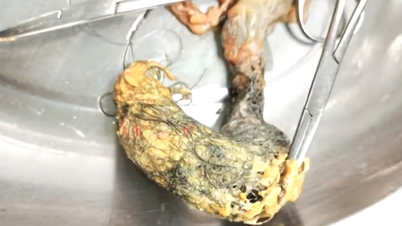



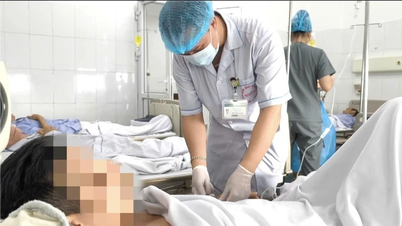


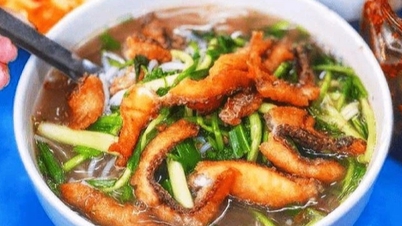






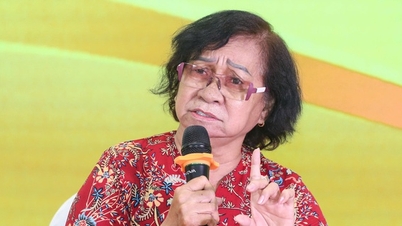





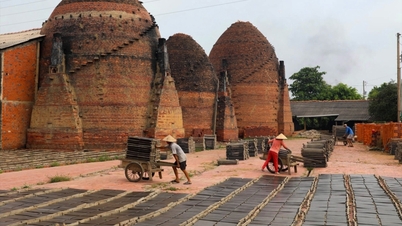























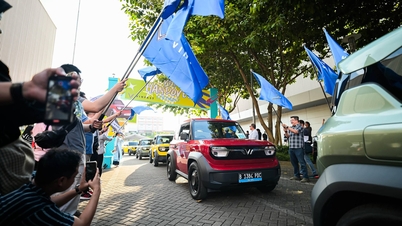




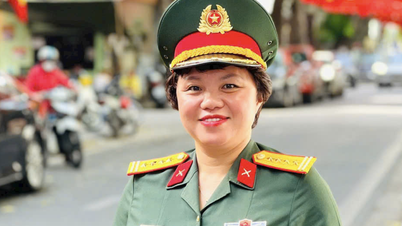

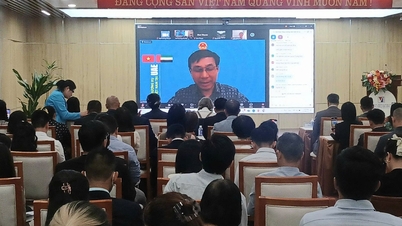



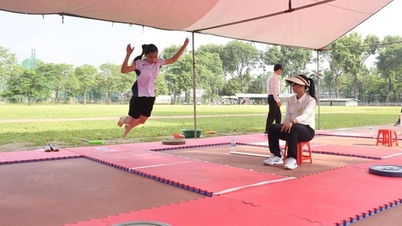



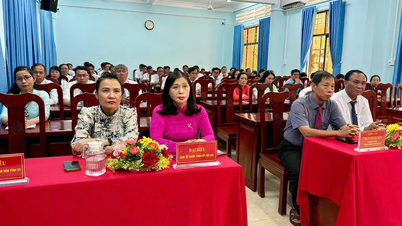

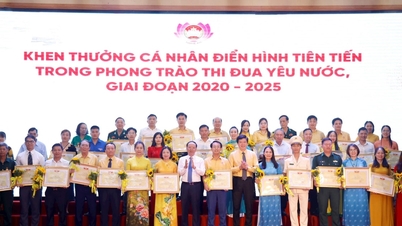

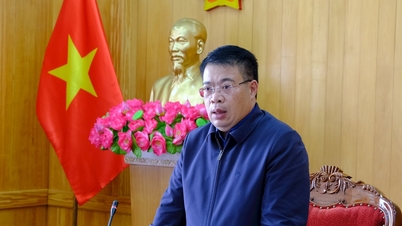

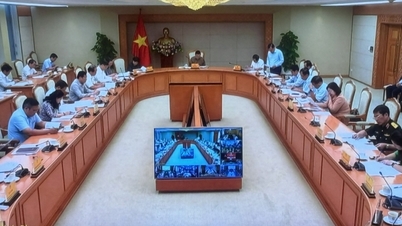
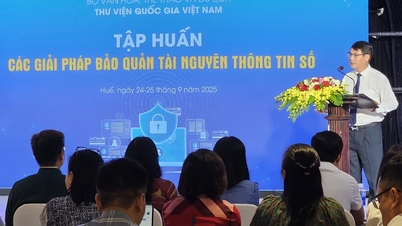




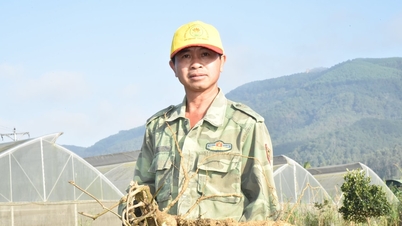







Comment (0)